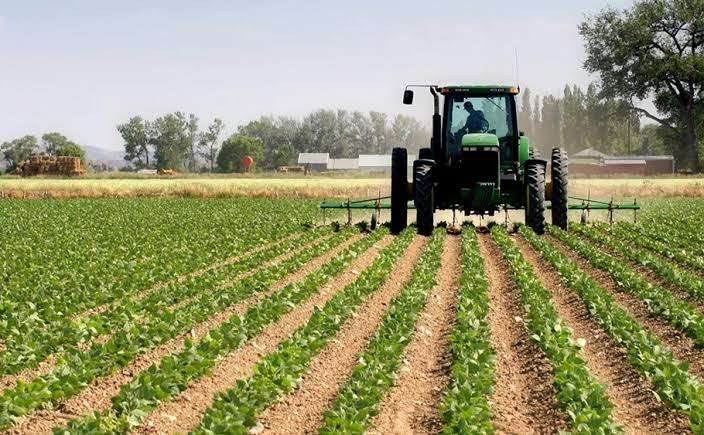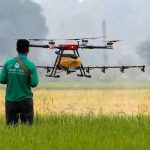Across Africa, agritech startups are redefining the way food is grown, moved, and monetised. Digital platforms are now connecting farmers to markets, embedded finance tools unlocking access to credit, and AI systems forecasting crop yields.
But while funding and digital solutions surge, the big question remains: Is agritech meaningfully improving the lives of the continent’s 250 million smallholder farmers?
To understand where things stand, Techparley spoke to experts. Their verdict? Agritech is full of potential, but its future depends on how deeply it listens to, and learns from Africa’s soil.
Agritech Is Giving Us a New Future
At the University of Ibadan, a 23-year-old David Adejare is part of a growing class of young Africans studying agriculture not just as a degree, but as a career of purpose.
David has been part of students exploring climate-smart farming. For him, agritech represents a turning point, one where farming becomes more precise, sustainable, and profitable.
“We still need stronger collaboration between tech companies and schools. But at least we’re not invisible anymore,” he says.
Increased university partnerships with accelerators and platforms like the African Agrihack Talent Initiative have started opening doors. With more investments, students like David could soon lead the next generation of agritech innovation.
The Tools Changing Rural Agriculture
According to Jumoke Tajudeen, a Nigerian agricultural researcher, agritech is beginning to crack the code on rural productivity.
“When used well, digital tools bridge the trust gap between farmers and markets,” she explains. “We’ve seen mobile credit increase fertiliser adoption and digital warehousing reduce post-harvest losses.”
Platforms like Winich Farms in Nigeria are proving that model works. Their embedded finance app, which now issues digital ID cards to smallholder farmers, is enabling access to microcredit, and insurance to farmers.
In the Eastern part of Africa, FarmDrive is also using alternative credit scoring to bring financing to underserved farmers.
“These are real shifts, not just pitch decks,” Jumoke affirms. “The challenge is ensuring they reach the millions who still farm without them.”
What’s Working And What Must Change
The consensus from these experts is clear: agritech in Africa is not hype. It is delivering results, improving yields, simplifying logistics, creating transparency, and attracting youth into agriculture.
But for the sector to mature and scale equitably, four things must happen, according to experts.
- Deeper collaboration with agricultural institutions so students, researchers, and farmers are not spectators but co-creators.
- Infrastructure investment without roads, electricity, and cold storage, tech interventions will stall.
- Policy alignment governments must create enabling environments for agri-fintech, digital identity, and e-extension services.
- Rural-first product design tools must fit the realities of African farmers, not investors in urban hubs.
A New Kind of Green Revolution?
There’s no doubt that Africa’s agritech sector has moved from experiment to ecosystem. African startups are earning global recognition, but so too are the continent’s farmers, students, and engineers.
“We don’t need saving. We need support. The tools are here. Let’s make them work for everyone,” Jumoke notes.
David added that agritech’s real value lies not in flashy dashboards, but in enabling farmers to make decisions. “It’s about reinforcing it with better tools. Our climate is changing faster than traditional methods can adapt. But digital tools give us hope.”





